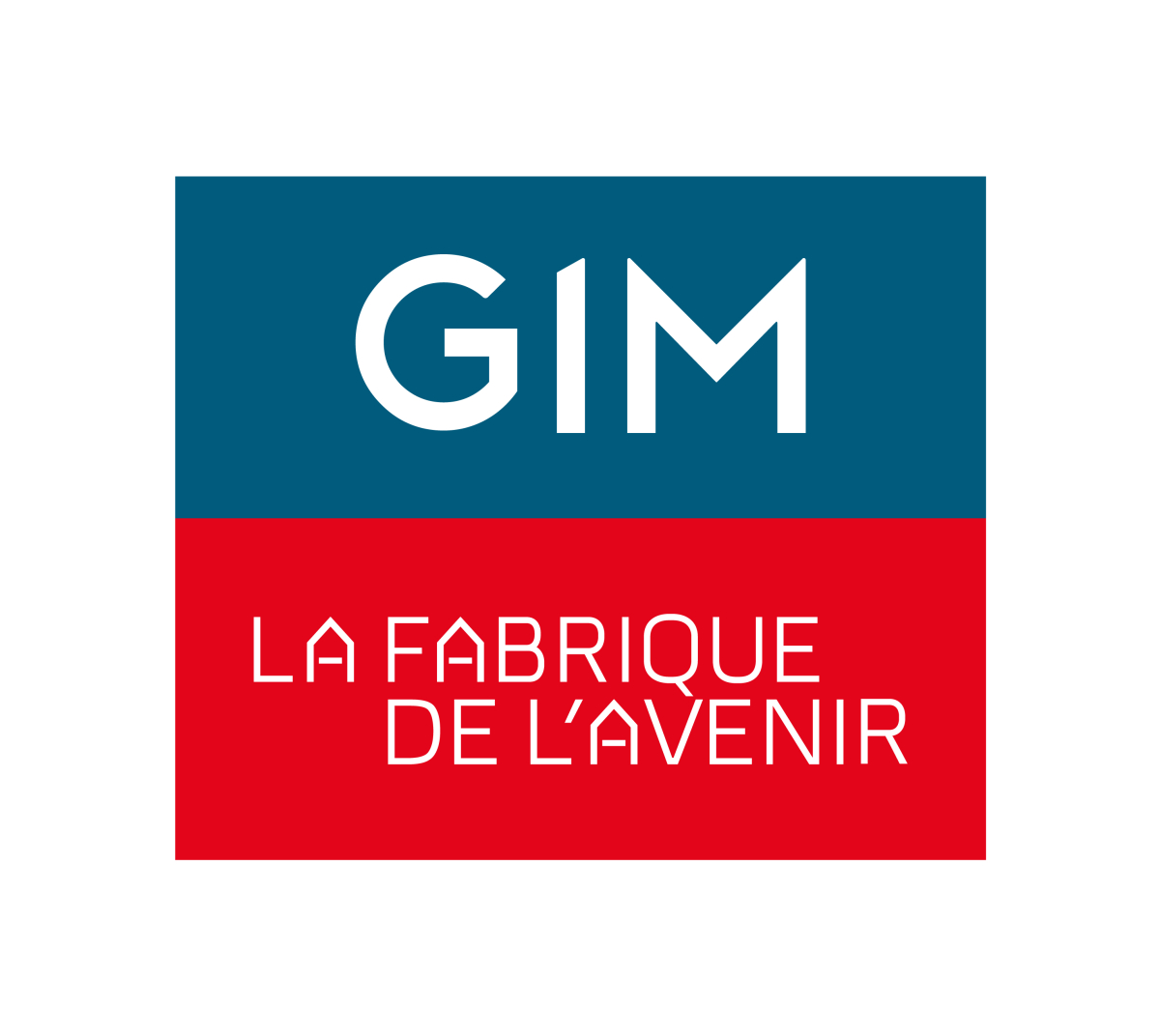Ancien événement
25/01/2021 18:00The Oxford Covid-19 Vaccine Production – A Year in the Fast Lane
Dear Members and Friends,
With great pleasure I announce our first lecture of the new year, sadly online again but how fortunate we are and appropriate it is that our speaker should have such a direct bearing on our future ability to resume meeting in person. As head of the Clinical BioManufacturing Facility at the University of Oxford, Dr Green has played a leading role in the development of the Oxford-AstraZeneca vaccine.
I attach a brief synopsis of Dr Green’s talk, and biographical notes. We can look forward to a fascinating evening.
I continue to be grateful to the Institution of Civil Engineers for running these events for us. The lecture will be delivered using WebEx, an online platform that will provide video of the speaker simultaneously with the presentation of her slides. Access to the lecture will be simple. Just click on the link below and follow the instructions, i.e. insert your first name, surname, and email address to enter the event and password “IESF1” if required.
https://ice-org.webex.com/ice-org/onstage/g.php?MTID=ea307f174d48f555ae161be41f0a532da
During and after the presentation, you will be able to type questions into a Q&A panel to which Dr Green will respond verbally after her lecture.
The lecture will start at 5.00pm. The link for the lecture will be open from 4.15 pm and I suggest that you connect then or soon after, especially if you have not used WebEx before, so that you can iron out any technical difficulties before the lecture starts. ICE staff will remain available throughout the event to provide some guidance.
There is no charge for this event and you do not have to register in advance.
Yours sincerely,
John Beck
Honorary Secretary
IESF (British Section)
Dr Catherine Green
Catherine Green is an Associate Professor in the Nuffield Department of Medicine, Oxford and the Monsanto Senior Research Fellow at Exeter College, Oxford. She also heads the Clinical BioManufacturing Facility (CBF).
Cath graduated from Churchill College, Cambridge and did her PhD at the Cancer Research UK Clare Hall Laboratories. After postdoctoral work at the Institut Curie in Paris, and at the University of Sussex, she returned to Cambridge to set up a group in the Department of Zoology, studying DNA replication. She moved to Oxford in 2012 to head a research team and core facility at the Wellcome Centre for Human Genetics, with a focus on Chromosome Dynamics. In 2018 she also became head of the Clinical BioManufacturing Facility. The CBF has, in collaboration with scientists at the Jenner Institute, over the last 15 years made many novel vaccines for clinical trials, covering diseases including malaria, TB, influenza, MERS, Zika, rabies and Ebola (among others). Cath’s team has been an integral part of the University's project to develop a vaccine against the SARS-CoV-2 virus that causes COVID-19, in record time. The CBF made the first batch of clinical material that has been used in Oxford's COVID-19 vaccine trials and continues to support these trials.
- https://www.cbf.ox.ac.uk/home
- https://covid19vaccinetrial.co.uk/
- https://en.wikipedia.org/wiki/Catherine_M._Green
The development of the Oxford AstraZeneca COVID-19 vaccine
The Clinical Biomanufacturing Facility (CBF) at the University of Oxford (UK) produced the first clinical batches of the ChAdOx1 nCoV-19 vaccine against SARS-coV-2 in April 2020. In collaboration with our industrial partner AstraZeneca we have moved rapidly to get the vaccine into phase III clinical trials across the globe, and interim analysis has shown good safety and efficacy, leading to its licensure in the UK and around the world. We developed and optimised a route to scaled up manufacture in order to produce millions of doses in the hope that it (in conjunction with other vaccines) will deliver an effective route to end the current pandemic. I will present the efforts that underpinned this highly rapid development of a vaccine against a previously unknown pathogen, the lessons that we have learnt, as well as the results generated from our early phase trials.






